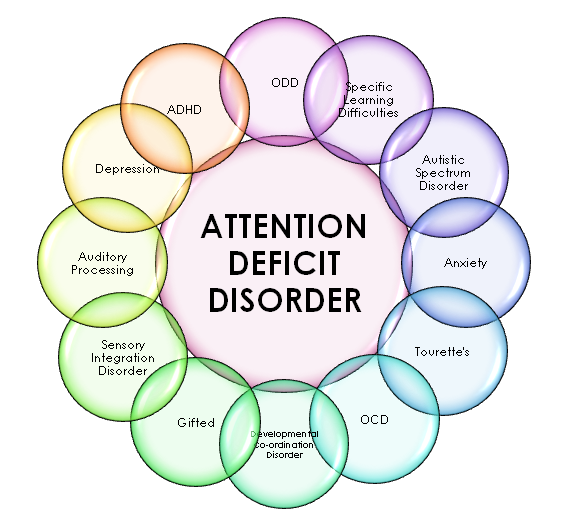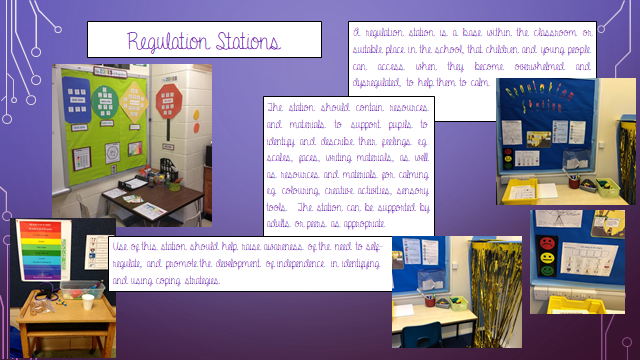Social, Emotional and Mental Health
Social, Emotional and Mental Health (SEMH)
SEMH needs are a type of special educational need where a child communicates through behaviour in response to unmet social, emotional or mental health needs.
Children with SEMH needs are often dysregulated, which means that they have difficulties in managing their emotions or their behaviour. They can show inappropriate responses to their emotions. They can feel scared, anxious and misunderstood.
It is estimated that around 150,000 children in mainstream and special schools are experiencing SEMH challenges.
Some neurodiverse conditions, such as ADHD and ASD, can make it harder for the child to make sense of the everyday world around them. This can make their anxiety and dysregulation hard to predict.
SEMH does not have to be a lifelong condition. With appropriate support children and young people can move forward and live successful lives.

Behaviours Children with SEMH Needs Might Display
| Some behaviours children with SEMH needs might display could be | |
|---|---|
| Anger | |
| Frustration | |
| Verbal or physical aggression | |
| Lashing out | |
| Self-harming | |
| Withdrawing | |
| Possible law-breaking such as stealing or vandalism | |
Supporting Children with SEMH Needs
| Some tips for working with children who have SEMH needs | |
|---|---|
| Try to slowly build a relationship of trust | |
| Provide clear and fair boundaries and stick to them | |
| Help the child to identify their own challenges and give them strategies to develop self-responsibility | |
| Make every day a fresh start | |
| Be consistent and say what you mean | |
Useful Online Information, Resources and Support
| Useful Online Support | ||
|---|---|---|
| ELSA Support - resources to support social and emotional learning | ||
| NHS - an overview of ADHD | ||
| National Autistic Society - support, guidance and advice for people on the autism spectrum and their families | ||
|
ADD/ADHD Simulator - This video demonstrates the difficulty level of concentration when someone has ADD/ADHD. *This video contains flashing lights and lots of noise, but is very effective*
|
||
|
Tips to Handle the After-School ‘Meltdown’ - This article from BBC Bitesize Parent Toolkit offers 5 tips for managing the after-school meltdown. |
||

Our Regulation Stations




